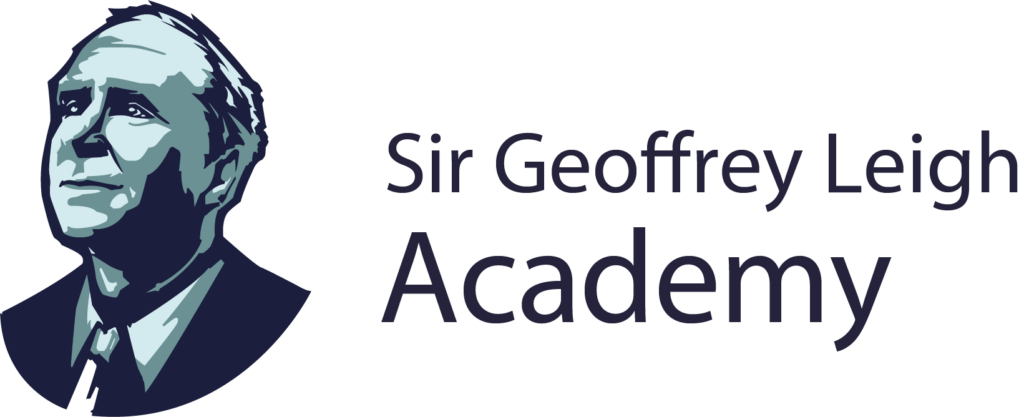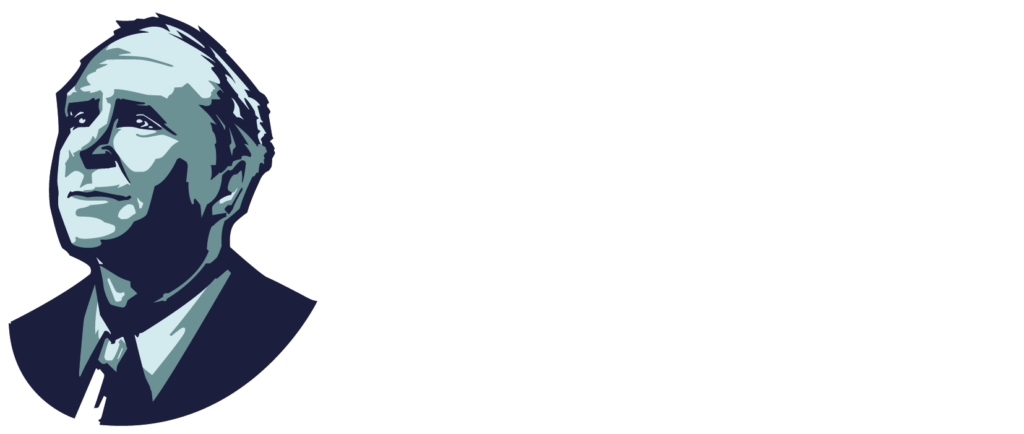At the core of the Psychology course is an introduction to three different approaches to understanding behaviour: the biological, cognitive and sociocultural approaches. Students study and critically evaluate the knowledge, concepts, theories and research that have developed the understanding in these fields.
The interaction of these approaches to studying Psychology forms the basis of a holistic and integrated approach to understanding mental processes and behaviour as a complex, dynamic phenomenon, allowing students to appreciate the diversity as well as the commonality between their own behaviour and that of others.
The contribution and the interaction of the three approaches is understood through the four options in the course that focus on areas of applied psychology: abnormal psychology, developmental psychology, health psychology, and the psychology of relationships.
A full range of evidence types are learned about and from, like statistical, narrative, factual, research and case studies, including research methods.
Short answer questions like those in exams are used to practice concision, alongside more routine questions to check for comprehension and encourage memorisation, while the depth of knowledge is honed across a range of studies in the first year.
Students are prepared for the second year by knowing about and having learned from the range of methods. Students also have underpinned knowledge of the IA which is to a limited extent an experience of psychological research.
Schedule of Learning
- Module 1: Approaches to Psychology & The Sociocultural Approach
- Module 2: Sociocultural and Biological approach
- Module 3-5: Introduction to the Internal Assessment (coursework) and the Cognitive Approach
- Module 6: IA and revision for mock examinations



